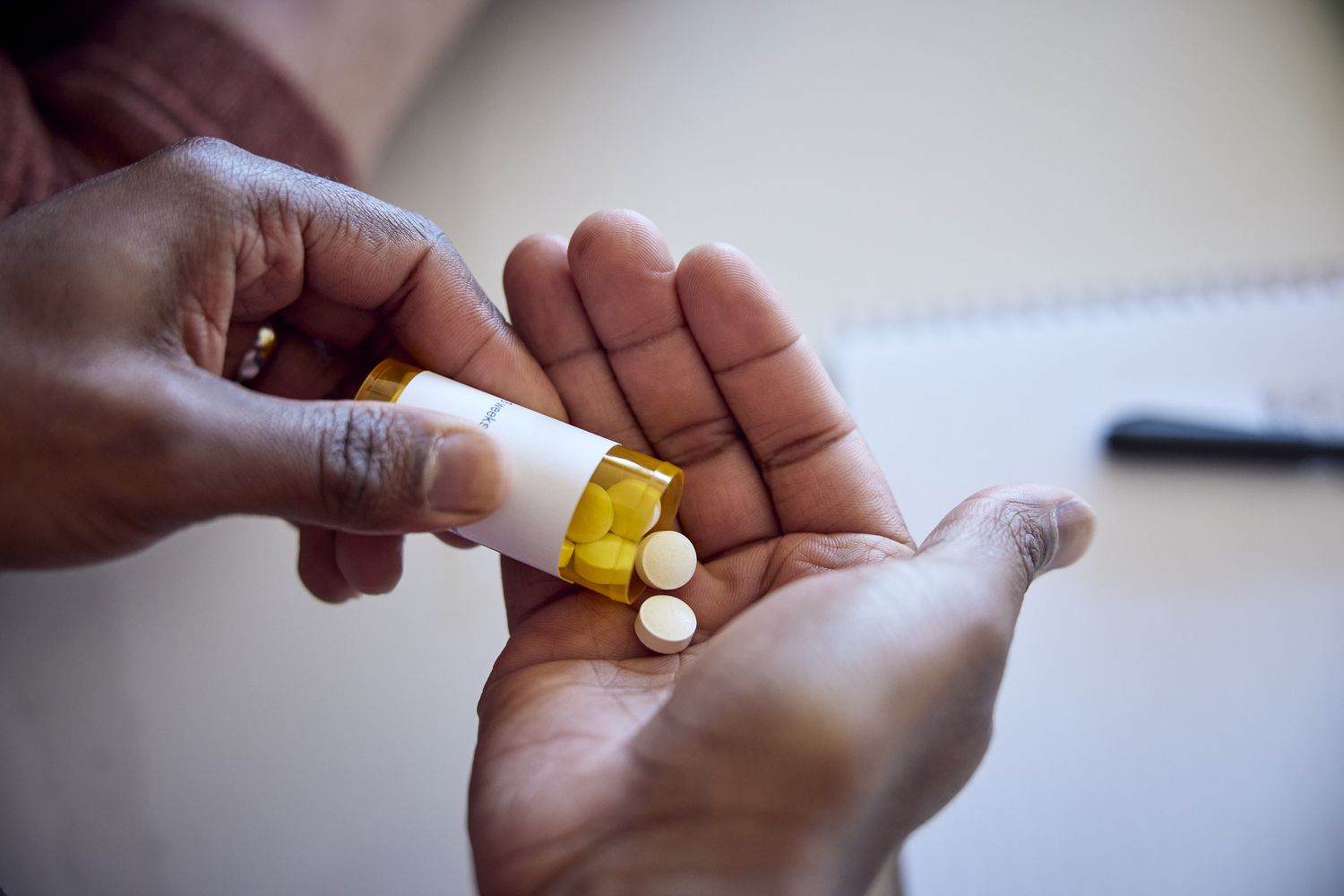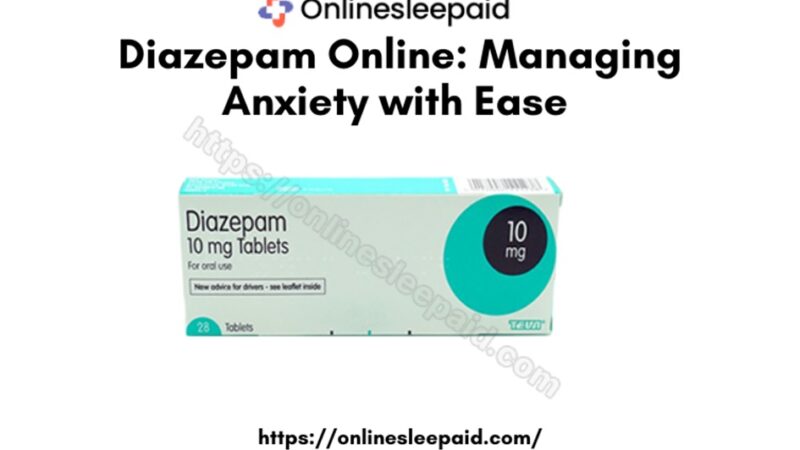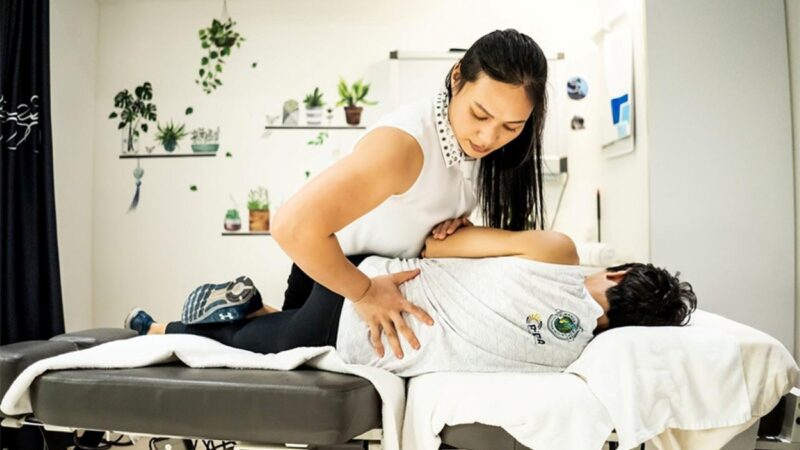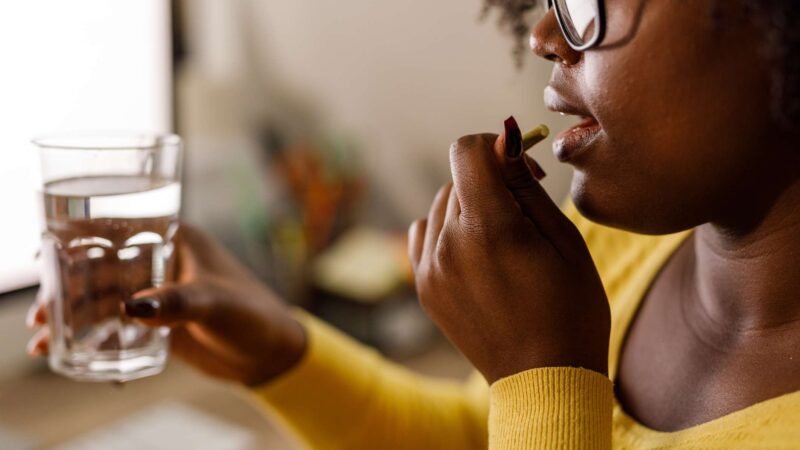How do you stop a cold sore?

There are many medicines available in this world. Have you ever wondered how many medicines have been made and used in human civilization? The number of these medicines may be extensive. This does not include herbs that can potentially be used for medicinal purposes. This is why it is important to only use medicine or substances deemed to help treat health conditions, when it is approved by pharmacists or doctors only. In this article, we will learn more about cold sore and ways on stopping the cold sore.
Cold sores are small-blister-like spots that can be found in or around the mouth. It is caused by infection of the herpes simplex virus. It is best to learn more on the herpes virus itself first before proceeding about cold sore. Herpes is often linked with skin infection but it is more of the inflammation affecting the sensory nerves. When the DNA of the herpes which initially stays in the brain’s base (ganglia)replicates to become a group of viruses then travels down the nerve and causes skin blisters. Herpes can be caused by Herpes Simplex Virus of HSV-1 and HSV-2. In short, HSV-1 typically causes cold sores around the mouth area and HSV-2 mainly causes genital herpes. The word ‘herpes’ itself sure sounds terrifying for those diagnosed with one on top of the pain in the blisters or ulcers and skin around it.
HSV is very contagious and easily spreads either sexual contact or oral contact. Most people with herpes do not have symptoms or only have mild symptoms that may resemble other infections. This makes the disease go unaware or unnoticed and causes the infection to be easily passed from one person to another accidentally. Common symptoms are the painful and recurring blisters or ulcers. This may be accompanied by body aches, fever and swollen lymph nodes. At the start of the disease, it usually shows signs of itching, tingling or burning sensation to the sores. Blisters may be opened, oozed and formed in a crust. A person with herpes may have repeating episodes of the symptoms but it is often shorter and less severe than the first one.
Back to our focus on cold sores, cold sores commonly appear on or next to the lips. At times, cold sores may appear on the chin or nose, beside the inside of the mouth. It often starts with an itchy and tingling feeling. This will then form a painful fluid-filled blister that is small in size within the next 48 hours after the tingling, burning or itching feeling. Eventually, it will crust over. Cold sores in general can disappear on its own within 2 weeks. This typically will not leave scars behind. Despite that cold sores are caused by HSV-1, in rare cases, it may be caused by HSV-2. This is especially true if a person has had oral sex with someone who has genital herpes.
Those who have cold sore might wonder what they can do to stop the cold sores. What they can do is to get checked by doctor so that they can get the right medication to be used. Treatment usually is the antiviral medication that is taken by mouth and the one that needs to be applied directly to the cold sores. Patients are also advised to use lip balm that contains SPF 30 or higher to protect the lips from sun as it helps to heal and prevent developing new blisters. Once the cold sores clears, patient have to dispose products that was in contact with the cold sore such as lip balm and lipstick to avoid reinfection.
Although it is true that most cases of cold sore do heal within 14 days even without treatment, some groups of people are advised to get treatment from a dermatologist. Those who are advised to do so are people who have eczema before, people who are taking immunosuppressive medication, people with immunocompromised condition such as those with cancer or HIV, those who develop cold sore near to the eye, presence of many cold sores, cold sore that is too painful and cold sores that last more than 2 weeks. Proper treatment for these people will help clear cold sores better and prevent complications.
It is estimated that those under the age of 50 or representing 67% of the worldwide population are affected by HSV-1 infections and develop during childhood. HSV-2 infections are known to affect around 13% of sexually aged people. This shows that herpes is indeed a common disease but often goes off the radar due to the symptoms that seem mild or causing embarrassment due to the fear of being stigmatised.
It can be concluded that cold sores are a manifestation of infection from HSV-1 virus. Cold sores should be able to heal within 14 days even without any treatment. Treatment revolves around antiviral, both oral and topical. Cold sores itself is a harmless condition but the virus causing it is highly contagious.






